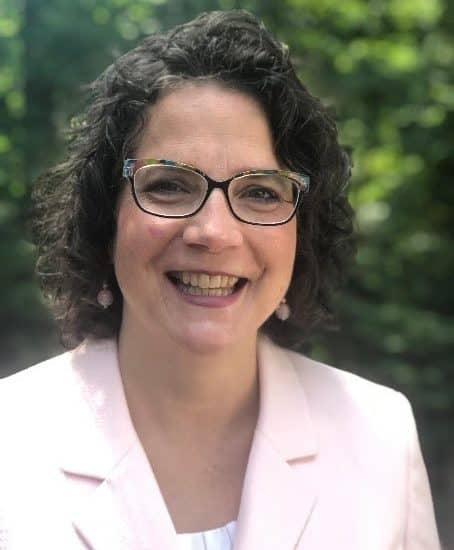By Bill Webb
Word&Way Editor
It's been quite a few years since a Southern Baptist Convention annual meeting has been preceded by so much hoopla.
In recent months, the denomination's two mission boards — International and North American — and their leaders have been through turmoil unprecedented in the past couple of generations at least.
 North American Mission Board president Robert Reccord resigned under fire just a few weeks ago. The International Mission Board's trustees have been at odds with each other over doctrinal standards/restrictions for missionary appointment, whether trustees who disagree with majority decisions are bound by silence, and — as some charge — if an inner circle of trustees is working behind the scenes to send president Jerry Rankin packing.
North American Mission Board president Robert Reccord resigned under fire just a few weeks ago. The International Mission Board's trustees have been at odds with each other over doctrinal standards/restrictions for missionary appointment, whether trustees who disagree with majority decisions are bound by silence, and — as some charge — if an inner circle of trustees is working behind the scenes to send president Jerry Rankin packing.
A hotly contested presidential election is the result of other issues at play in the SBC. The jockeying appears to be a battle between a generation of potential new leaders and those who have held — and continue to hold — considerable power in matters of elections, committee appointments and leadership of SBC institutions. But it has less to do with age than a perception — more likely a realization — that the same people are being recycled over and over in places of leadership, thoroughly consolidating power in the hands of a few.
At issue, too, is whether the power-holders of the convention have lost touch with core concepts of the SBC, not the least of which is cooperation. It is healthy that some are questioning whether the real heroes of the denomination are those who pulled out the stops to seize control of the SBC over the last 25 years or whether the heroes are, in fact, the churches and leaders who have been quietly and faithfully paying the bills.
It is no small matter that a blue-ribbon panel will bring a report calling for the elevation of the Cooperative Program, the convention's plan to support its missionaries and institutions and undergird the work of state conventions.
Regardless of how messengers vote on the actual Cooperative Program task force report June 13-14 in Greensboro, N.C., it will likely be the presidential election that tests messenger commitment to the Cooperative Program and its future success.
Amazingly, the establishment candidate for the presidency of the SBC is the pastor of a megachurch that gives a relative pittance through CP. Ronnie Floyd's church in Springdale, Ark., routes considerably more money around the state convention and directly to the SBC, effectively bypassing the Cooperative Program. It is equally amazing that three seminary presidents have gone out of their way to endorse the non-CP candidate for president.
Two of those endorsers are among the best-known Southern Baptists anywhere — Paige Patterson, president of Southwestern Baptist Theological Seminary, and Albert Mohler, president of Southern Baptist Theological Seminary. Those endorsements bring into question these seminary presidents' commitment to the venerable SBC giving plan that benefits their schools greatly.
There is no question that the challenger, Frank Page of First Baptist Church, Taylors, S.C., faces an uphill battle, even though he leads his church to give about an eighth of its receipts through the Cooperative Program. As Page has noted, running assures him that he has no political future in the SBC. That he is not intimidated puts him ahead of many others.
It may well be that the challengers will quickly face their Waterloo in their quest for convention leadership in mid-June, but the outcome may let folks back home know whether messengers to this convention hold CP in high esteem or not.

